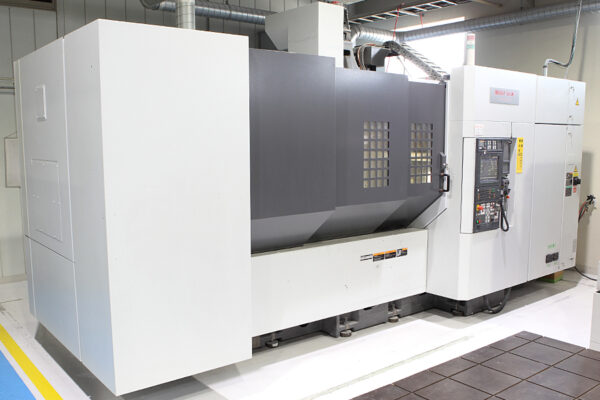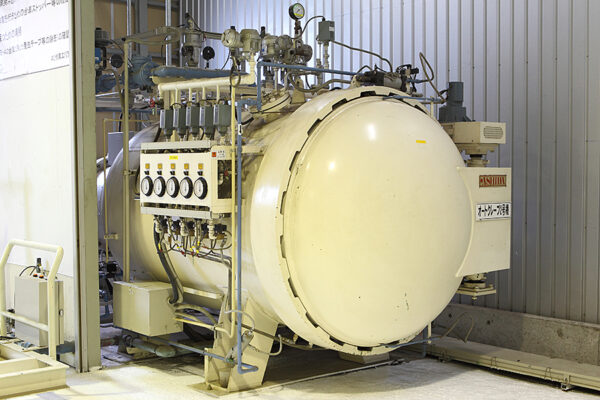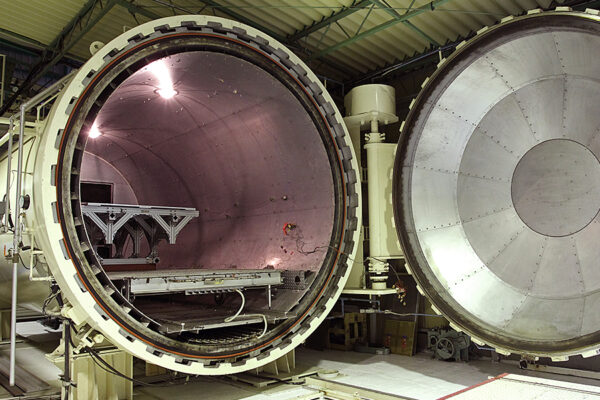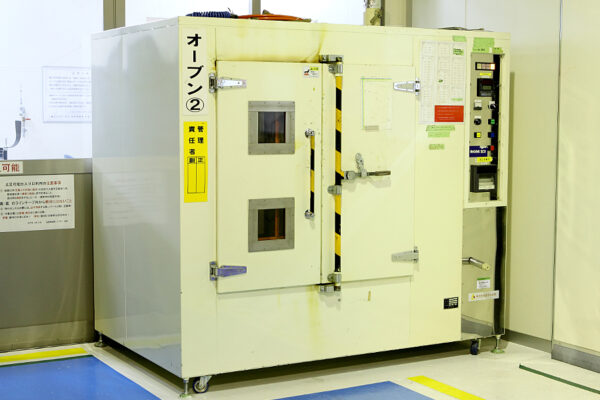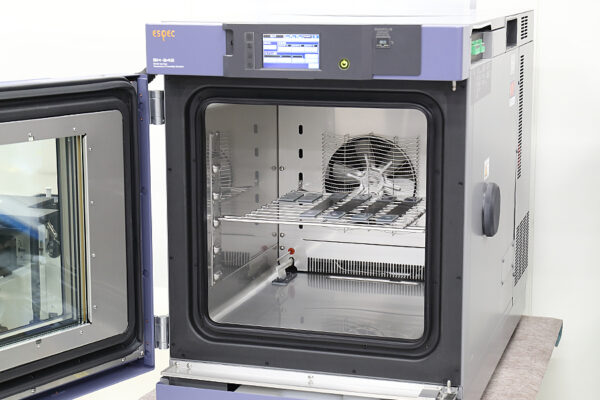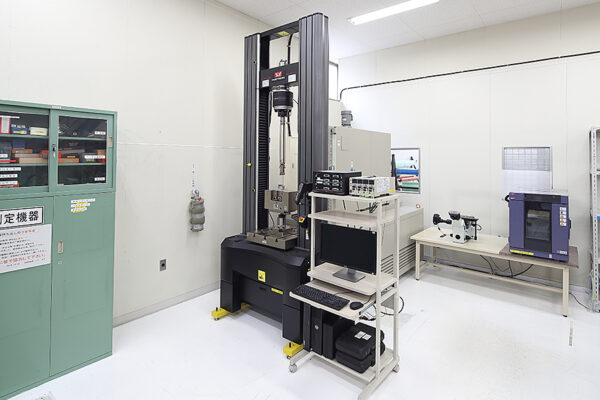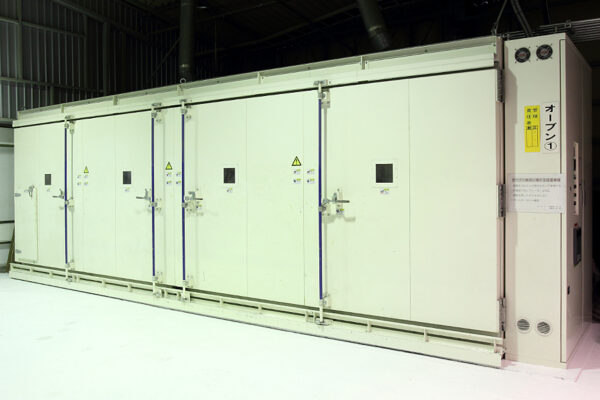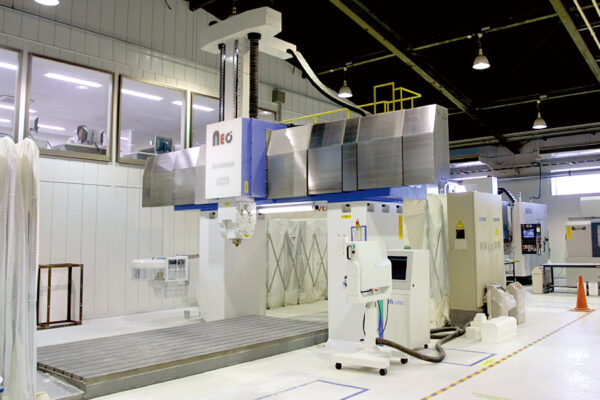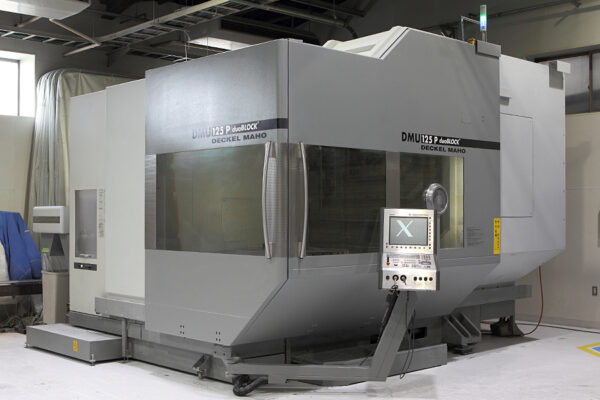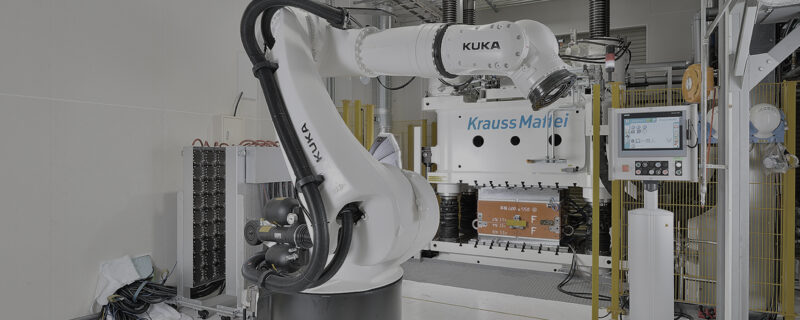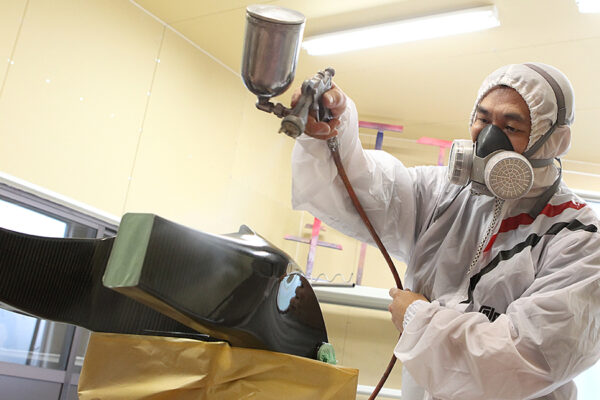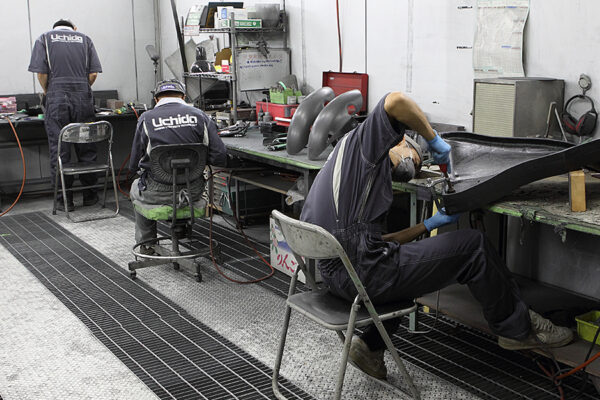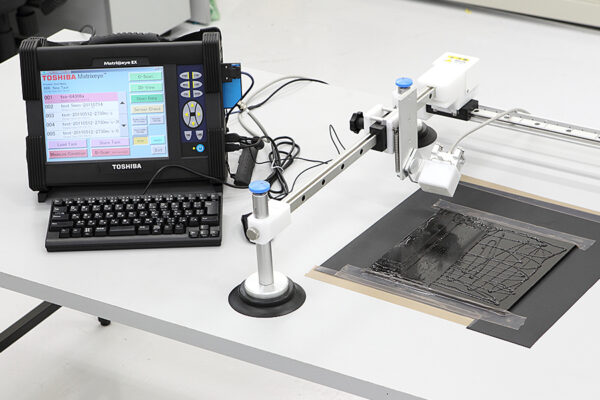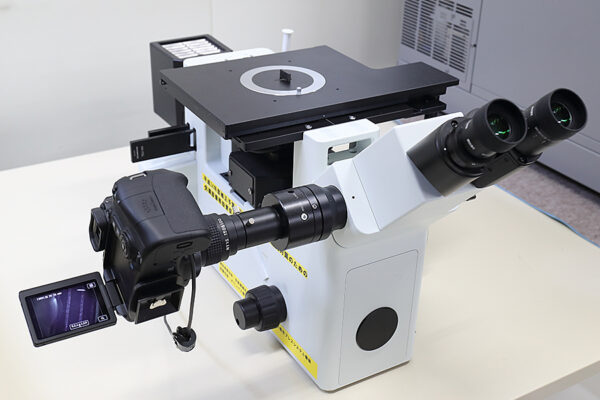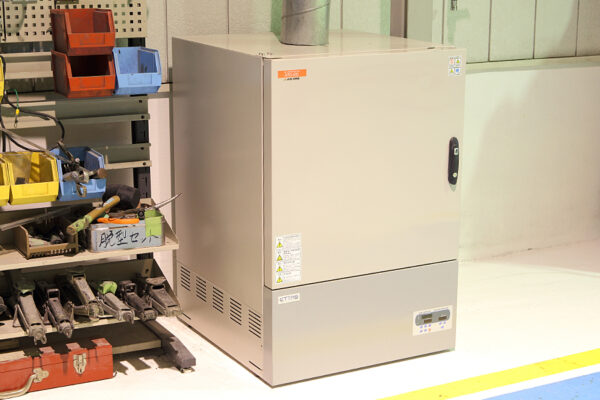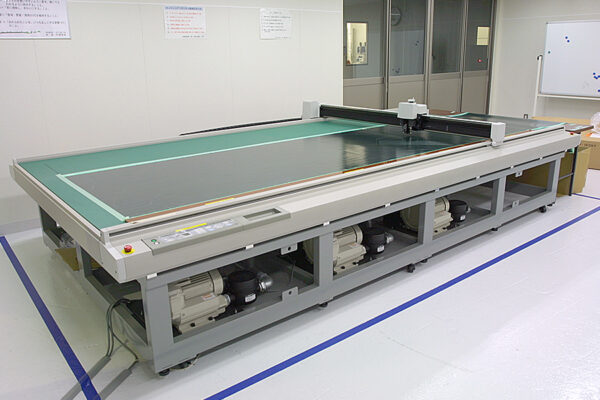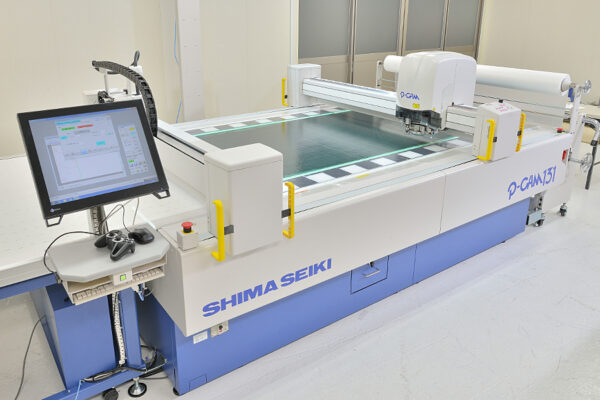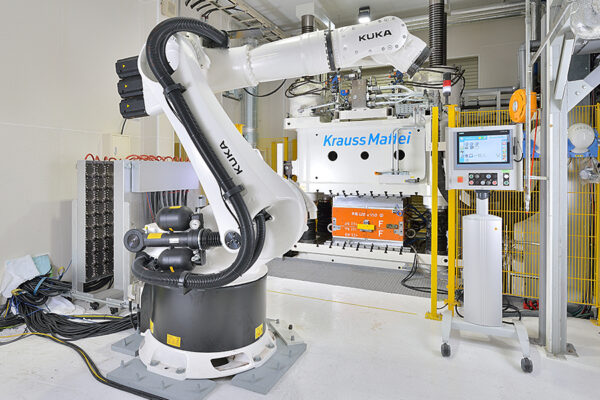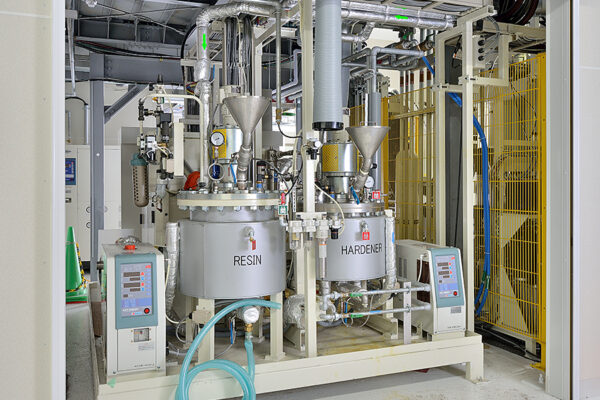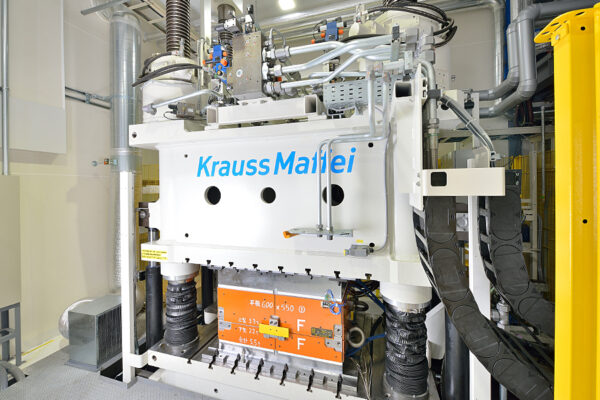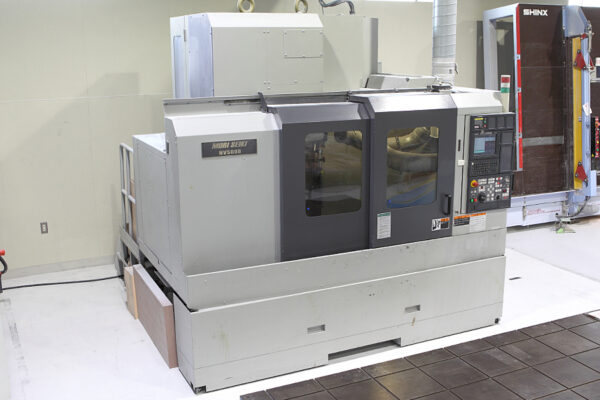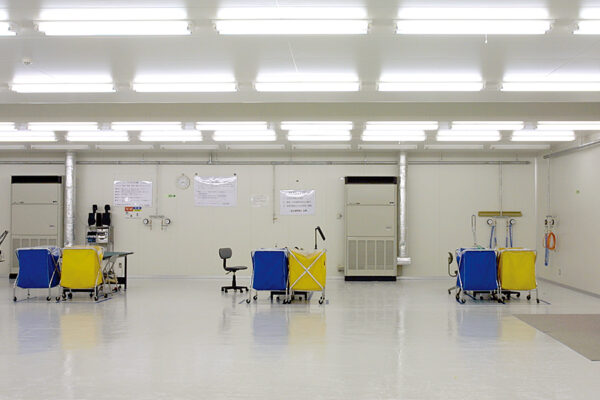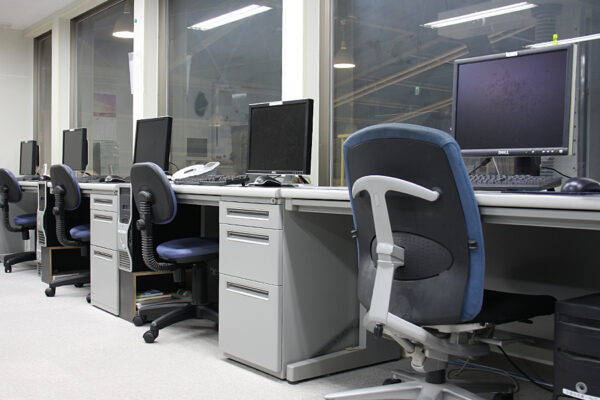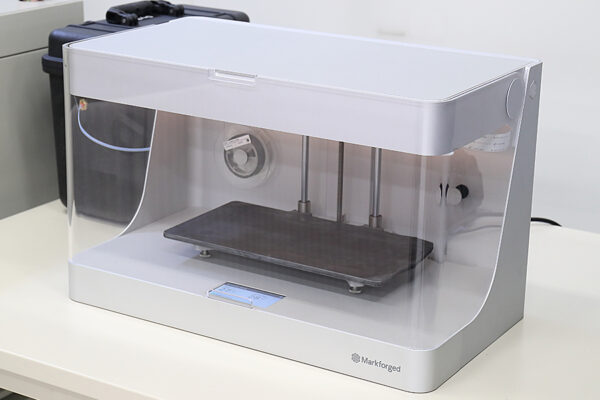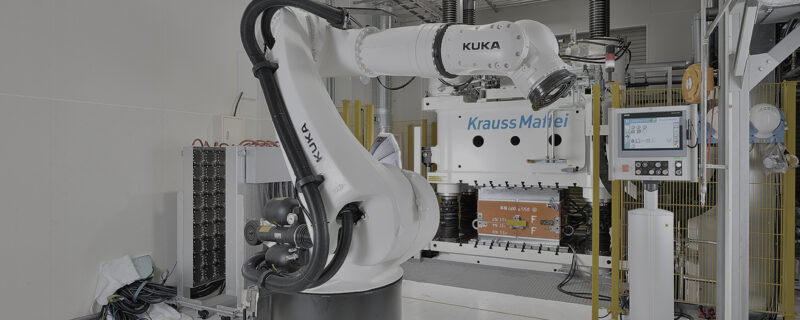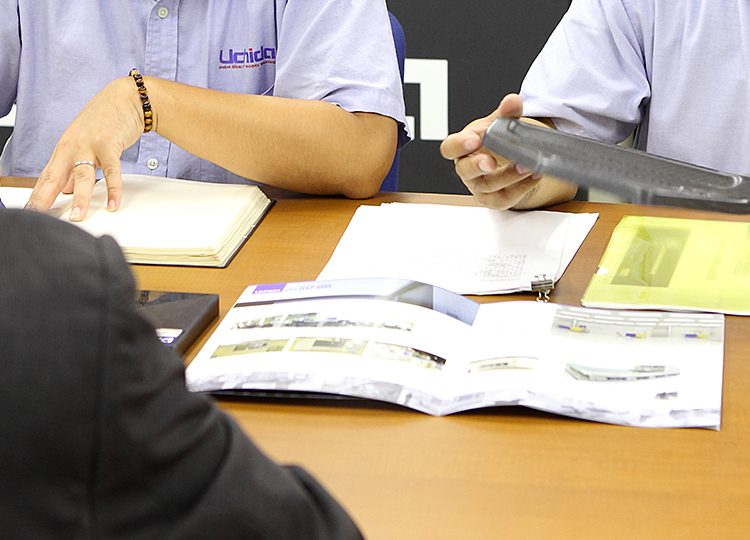Introduction
Reny resin (LCP resin: Liquid Crystal Polymer), also known as liquid crystal polymer, is an engineering plastic with very good mechanical properties, heat resistance, and chemical resistance. It is often used in fields where properties such as high temperature, high strength, and low expansion are required, and is used in various industries such as precision instruments, automobiles, and electronic devices. This column describes the properties, manufacturing methods, and applications of RENY resin.
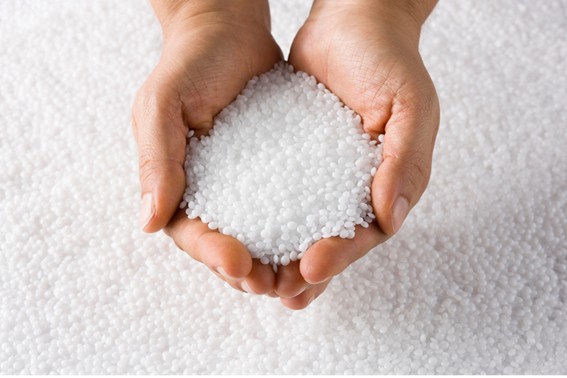
Properties of Rheny Resin
High Heat Resistance
Rheny resin has a very high heat resistance temperature and can be used at much higher temperatures than normal plastics. Heat resistance temperatures can reach over 200°C, making it very suitable for use in high temperature environments.
Excellent mechanical strength
Reny resin boasts very high tensile and flexural strength. This is due to the strong intermolecular bonding within the material, which contributes to its high strength, as the molecular structure is aligned in a liquid crystal state. This strength is especially important for thin parts and precision equipment.
low thermal expansion
Rheny resin has a very low thermal expansion coefficient, allowing it to maintain its shape over temperature changes. This property is especially important in high-precision mechanical parts and high-precision molds.
Chemical Resistance
Reny® resins exhibit very high chemical resistance to acids, alkalis, and solvents. This makes them suitable for use in harsh chemical environments such as chemical plants, electronic devices, and medical equipment.
Excellent Insulating Properties
The extremely high electrical insulating properties make it very suitable for use as a component in electronic and electrical equipment. It maintains excellent insulating properties even in high-temperature environments.
How Reny Resin is Manufactured
Unlike ordinary thermoplastics, Reny resin is manufactured as a liquid crystalline polymer. Liquid crystalline polymers obtain very good mechanical properties and heat resistance by aligning molecules in a liquid crystalline state. This manufacturing method utilizes the alignment of molecules during the polymer synthesis stage and differs from the molding process of ordinary resins.
Synthesis Method
The production of Reny resin utilizes a polycondensation reaction. This allows the molecules to align in a liquid crystal state, forming a resin with excellent physical properties. Depending on the selection of the monomer used and the synthesis conditions, RENY resin with different properties can be produced.
molding methods
Rheny resins are typically processed using injection molding, compression molding, and extrusion techniques. These methods can produce precisely shaped parts that are stable at high temperatures.
Applications of RENY resin
RENY resin is used in a variety of industries for its high-temperature strength, chemical resistance, and low expansion rate. The following are typical applications.

electronics
Reny® resin is used in high-precision electronics components, connectors, and circuit boards. Due to its high insulation and heat resistance, RENY resin is suitable for components used in particularly harsh environments among electronic devices. For example, it is used in the internal components of personal computers and the precision components of smartphones.
Automobiles
Reny® resin is also used in automobile engine parts and electrical system parts. It is suitable for parts that endure high temperature environments in engine compartments and for electronic systems, where heat resistance and strength are required.
aerospace
Reny® resin is used in aircraft parts that require high heat resistance and strength. In particular, it is expected to be used in aircraft electronics and engine parts.
medical equipment
Used in medical equipment, especially in parts for diagnostic and treatment equipment that require high precision. RENY resin is also used in environments where chemical resistance is required.
chemical plants
Rheny resin is often used in chemical plant parts and pieces of equipment because of its extremely high chemical resistance. It shows stable performance in chemicals and in harsh environments.
Summary
Rheny resin has excellent heat resistance, mechanical strength, chemical resistance, and low expansion, making it suitable for parts used in harsh environments. Their superior performance is in demand in a variety of industries, including electronics, automotive, aerospace, and medical equipment, and demand is expected to increase in the future.
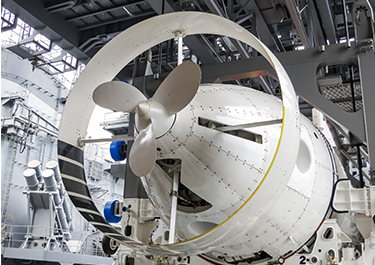
Related useful contents
You can explore related content by clicking on a topic of interest.
ABOUT UCHIDA - 55 years since our founding
We leverage a wealth of technical expertise as a CFRP molding and processing manufacturer using FRP, GFRP, and CFRP materials. We offer a one-stop solution, encompassing design, analysis, manufacturing, secondary processing, assembly, painting, quality assurance, and testing.
UCHIDA's equipment
We have cutting-edge equipment to ensure that we can address even the most advanced challenges of our customers.
Video Library
In the following video, we provide a detailed overview of our manufacturing process. Please feel free to watch and learn more.


